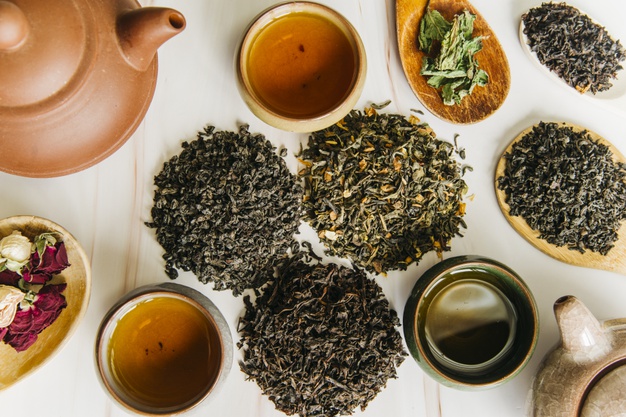Have you heard about the anti-inflammatory diet that has become very popular these days?
How can you use this diet?
What should you eat, and what should you avoid?
Let’s talk about it.
An anti-inflammatory diet consists of foods that reduce inflammatory responses. In other words, this diet involves replacing refined foods, sugar, trans fats, and many processed foods with whole, nutrient-rich foods.
This diet also contains increased amounts of antioxidants. Antioxidants help to reduce the number of free radicals. Free radicals are molecules in the body that damage cells and increase the risk of certain diseases. That’s why an anti-inflammatory diet is considered to be healthy. Even if the anti-inflammatory diet doesn't help with your condition. It can lower your chances of having other problems.

What is Inflammation?
Your immune system becomes activated when your body recognizes anything that is foreign. For example, an invading microbe, plant pollen, or chemical etc. This often triggers a process called inflammation. If the inflammation becomes chronic, meaning if it lasts for weeks, months, or even years, it can lead to illnesses like cancer, diabetes, obesity and many more.
Certain dietary habits can promote inflammation. Besides, high amounts of sugar, refined carbs like white bread and white rice, fried foods and many unhealthy foods may contribute to inflammation.
What Conditions Can an Anti-Inflammatory Diet Help?
When you have chronic inflammation, your body’s inflammatory response can eventually start damaging healthy cells, tissues, and organs. Over time, this can lead to DNA damage, tissue death, and internal scarring. An anti-inflammatory diet can help to reduce or even prevent inflammation. This type of anti-inflammatory diet involves eating certain foods and avoiding foods that cause inflammation in order to minimize the symptoms of chronic inflammatory diseases. In the long term, an anti-inflammatory diet can help many major diseases like rheumatoid arthritis, Crohn’s disease, diabetes, obesity, metabolic syndrome, heart diseases, colitis, inflammatory bowel disease, and Hashimoto’s disease. Additionally, it can help reduce the risk of certain cancers.
According to a study, adopting an anti-inflammatory diet may also be an effective intervention or preventative means of reducing the risks and symptoms of depression.

Foods to Eat
An anti-inflammatory diet should include these foods:
- Tomatoes
- Olive oil
- Green leafy vegetables, such as spinach and kale
- Nuts like almonds and walnuts
- Fatty fish like salmon, mackerel, tuna and sardines
- Fruits, such as strawberries, blueberries, cherries, and oranges
- Whole grains like brown rice and bulgur wheat
- Spices like turmeric, ginger, and curry
Particular fruits and vegetables, such as blueberries and leafy greens, are high in natural antioxidants and polyphenols. Studies have associated nuts with reduced markers of inflammation and a lower risk of cardiovascular disease and diabetes.

Foods to Avoid
Try to avoid or limit these foods as much as possible:
- Refined carbohydrates, such as white bread and white pasta
- Fried foods like French fries and, fried chicken
- Soda and sugar-sweetened beverages
- Red meat and processed meat
- Excessive amounts of alcohol
- Processed snack foods and desserts

Eating processed and packaged foods that contain trans fats have been shown to promote inflammation. They also damage the endothelial cells that line your arteries.
Other Helpful Tips
- Exercise regularly
- Get enough sleep
- Drink green tea, which is high in antioxidants
- Drink more water

Sample Menu
Here is a one-day sample menu of an anti-inflammatory diet to get you started.
Breakfast
2 egg omelet with spinach, cooked with olive oil
1/4 avocado
1 cup of strawberries or raspberries
Green tea or water

Lunch
Grilled salmon
Green salad with olive oil and lemon
Snack
1 cup of blueberries or cherries
1 cup of yogurt
10-15 almonds
Dinner
Turmeric chicken, cooked in the oven
Boiled broccoli and cauliflower
Note: The amounts on the sample menu vary from person to person. based on sex, age, weight, height, and other factors. Moreover, don’t forget that each diet must be personalized.












